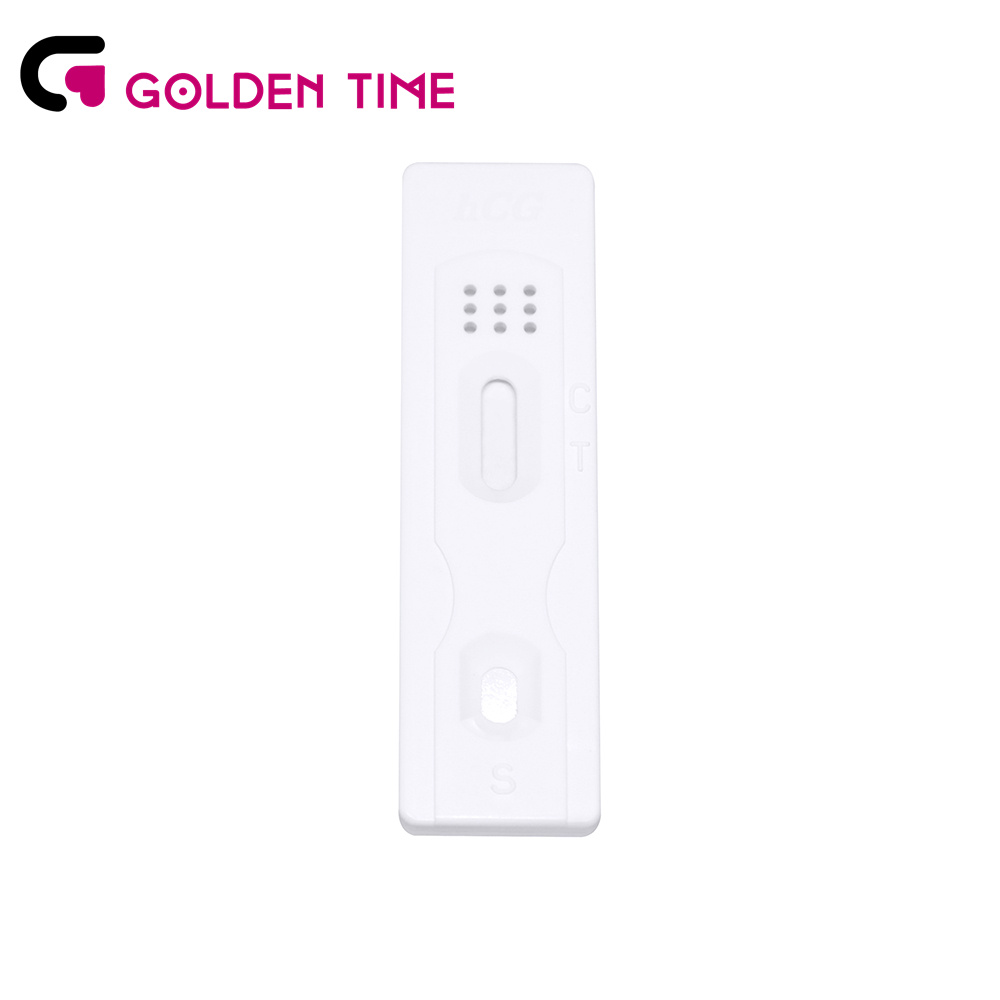Aug . 21, 2024 15:27 Back to list
Dengue Fever Rapid Test Kit Manufacturing Facility Overview and Insights
The Importance of Dengue Rapid Test Kit Factories in Global Health
Dengue fever, a mosquito-borne viral infection, poses a significant public health challenge in tropical and subtropical regions worldwide. As the prevalence of dengue escalates, especially with climate change impacting mosquito breeding patterns, the rapid and accurate diagnosis of the disease becomes crucial. This is where dengue rapid test kit factories play a vital role in global health systems.
Dengue viruses are transmitted by female mosquitoes, particularly Aedes aegypti, and can lead to severe symptoms, including high fever, pain behind the eyes, joint and muscle pain, rash, and mild bleeding. In severe forms, it can cause dengue hemorrhagic fever or dengue shock syndrome, which can be fatal. Given the rapid spread of the disease, it is essential to have efficient diagnostic tools to manage and control outbreaks effectively.
The Importance of Dengue Rapid Test Kit Factories in Global Health
Dengue rapid test kit factories are dedicated to producing these crucial diagnostic tools. These factories employ advanced manufacturing techniques and adhere to stringent quality control measures to ensure the accuracy and reliability of their products. They typically produce a variety of test kits, including those that detect the dengue virus antigen and antibodies.
dengue rapid test kit factory

The production of RDTs for dengue involves collaboration among researchers, engineers, and quality assurance experts. Factories invest in state-of-the-art technology and equipment to enhance the sensitivity and specificity of the tests. Furthermore, rigorous testing is conducted to meet international standards set by organizations such as the World Health Organization (WHO) and various regulatory bodies across different countries.
Moreover, the establishment of dengue rapid test kit factories in endemic regions can also be seen as a strategic move for local economies. These factories not only provide essential healthcare tools but also create jobs, promote local entrepreneurship, and foster technological advancements in the region. By making dengue testing more accessible in high-risk areas, these factories empower communities to take charge of their health, leading to better disease management and prevention strategies.
The demand for dengue rapid test kits is steadily increasing, driven by the rise in global travel and urbanization, which contribute to the spread of dengue. In response, many factories are diversifying their product lines to include tests for different serotypes of the dengue virus and other related vector-borne diseases like chikungunya and Zika. This adaptability is essential for addressing the evolving landscape of infectious diseases.
In conclusion, dengue rapid test kit factories are integral to combating one of the most pervasive mosquito-borne diseases in the world. By focusing on rapid diagnostics, these factories enhance the ability of healthcare systems to respond promptly to outbreaks, ultimately saving lives. Their contributions extend beyond health benefits to encompass economic growth and empowerment in affected regions. As we look toward the future, supporting the development and distribution of these test kits will be critical in our fight against dengue fever and improving global health outcomes.
-
Malaria Pf Ag Rapid Test Kit - Quick & Accurate Detection
NewsAug.11,2025
-
Accurate Cardiac Marker CK-MB Rapid Test for Quick Results
NewsAug.10,2025
-
Premium Empty ABS Plastic Cassette for Test Strips
NewsAug.09,2025
-
Sterile Urine Cup: Accurate Specimen Collection for Labs & Home
NewsAug.08,2025
-
Malaria Pf/Pan Ag Rapid Test Kit for Fast, Accurate Diagnosis
NewsAug.07,2025
-
Rapid Canine Corona Test: Fast & Accurate Results
NewsAug.06,2025

